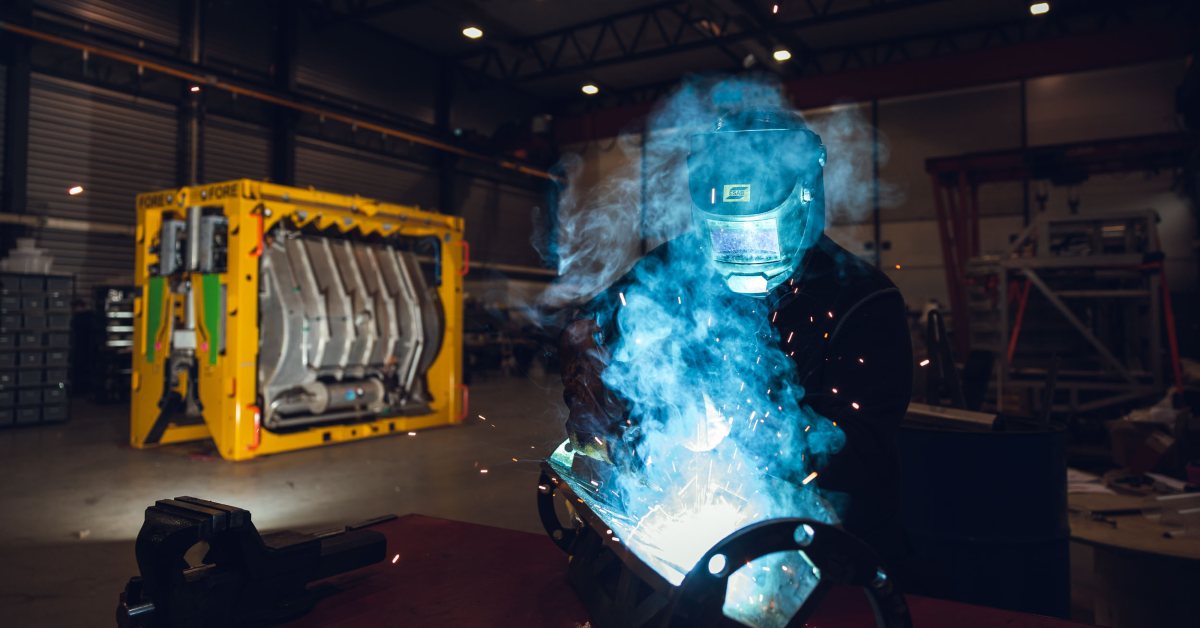Swedish micromobility startup Voi has unveiled a large-scale pilot of computer vision on e-scooters, which uses Artificial Intelligence (AI) technology that can detect when an e-scooter leaves the road and rides on pavement or when the vehicle is parked incorrectly.
According to Voi, the company is working with Irish micromobility startup Luna, whose technology offers real-time lane segmentation and pedestrian detection for scooters, similar to that available in high-end cars.
How The Technology Works
Voi e-scooters were tested on Stockholm streets on July 7 ahead of its deployment in Northampton which is going to happen at the end of this month. The technology used by these e-scooters will also provide tools to identify prevailing loopholes and adapt infrastructure for micromobility, by conveying real-time data about how the vehicles are being used.
The latest Voi e-scooters also come with the ‘smart camera’ hardware and electronics that have already been honed by Luna and Voi in the last six months. Voi claims that the computer vision algorithms have been trained extensively using hours of video footage from Northampton.
Northampton will see the first pilot in July as Voi has received an exclusive licence to operate as part of the British government’s national trial of e-scooters, which started last year and runs until spring 2022, the company mentions in a statement.
Fredrik Hjelm, co-founder and CEO of Voi Technology, says, “With computer vision, e-scooters can be trained to see and recognise situations that are hazardous. This world-first pilot will set new standards of safety for this new form of transport. Having helped riders to take more than 60 million rides across Europe we understand deeply the issues involved in e-scooter safety and are always looking for ways to do better. We are very proud to be the first e-scooter operator to incorporate the computer vision technology at scale for the benefit of our riders, pedestrians and authorities.”
Voi’s Two-Phase Pilot In Northampton
Voi plans to install cameras on a number of e-scooters in Northampton for a two-phase pilot in July. In the first phase, a controlled user group will road test the computer vision technology to collect real-time visual information on the environment the e-scooter is travelling through, as well as detecting pedestrians in the path of the e-scooter.
The company claims that this technology can also detect the surface that an e-scooter is being ridden on, such as a bike lane, pavement, or roadway, and alert the rider accordingly with an audible alarm if they are riding on the footpath.
In the second phase, Voi will install about 100 cameras on the publicly available scooter fleet in Northampton. Besides that, this phase of the pilot will explore the potential to automatically slow scooters if inappropriate riding is detected on footpaths or in heavily pedestrianised areas.
The company further says that the data from the pilot will be shared with the council so that it can collect a detailed record of how and where the e-scooters are being ridden, helping Voi to correct bad behaviour and enabling the city to have data-driven insights into e-scooter use and the interactions with other modes of transport and pedestrians.
After three years of its inception, Voi comes with a presence in more than 60 cities. By 2022, Luna plans to integrate its camera technology directly into the stem or handlebars of the e-scooters for rent.
E-scooter Compliance
Voi plans to leverage the partnership with Luna technology to improve compliance in terms of riding behaviour and proper parking. The Luna parking algorithm has the capability to spot the positioning of scooters in a ‘virtual dock’ by using a painted scooter logo or corral on the ground, or any other surrounding visual clues that it is trained to detect. This algorithm uses a camera as a sensor to help e-scooters to be parked with a level of accuracy that standard GPS technology cannot match.
By collaborating with Luna, Voi will be able to build a record of where and how the scooters are being ridden and parked. Cities are expected to use the data not just to understand poor rider behaviour but also to identify where infrastructure improvements to the public realm could help e-scooter riders and other road users, the press release states.
About Voi Technology
The company was founded in 2018 by Adam Jafer, Douglas Stark, Fredrik Hjelm, and Keith Richman. Voi is a micro-mobility startup offering e-scooter sharing in partnership with cities and local communities.
Earlier this year, in January, Voi officially unveiled its next-generation e-scooter, the Voiager 4 (V4), the world’s first pollution-fighting e-scooter. In December 2020, raised $160M (approx €132.8M) in its Series C round of funding.
The round was led by The Raine Group. Also, existing investors, including VNV Global, Balderton, Creandum, Project A, Inbox, and Stena Sessan, also participated in this round.
In addition, top entrepreneurs and executives from Delivery Hero, Klarna, iZettle, Zillow, Kry/Livi, and Amazon also invested in the current round.










01
From telecom veteran to Dutch Startup Visa success: The Jignesh Dave story